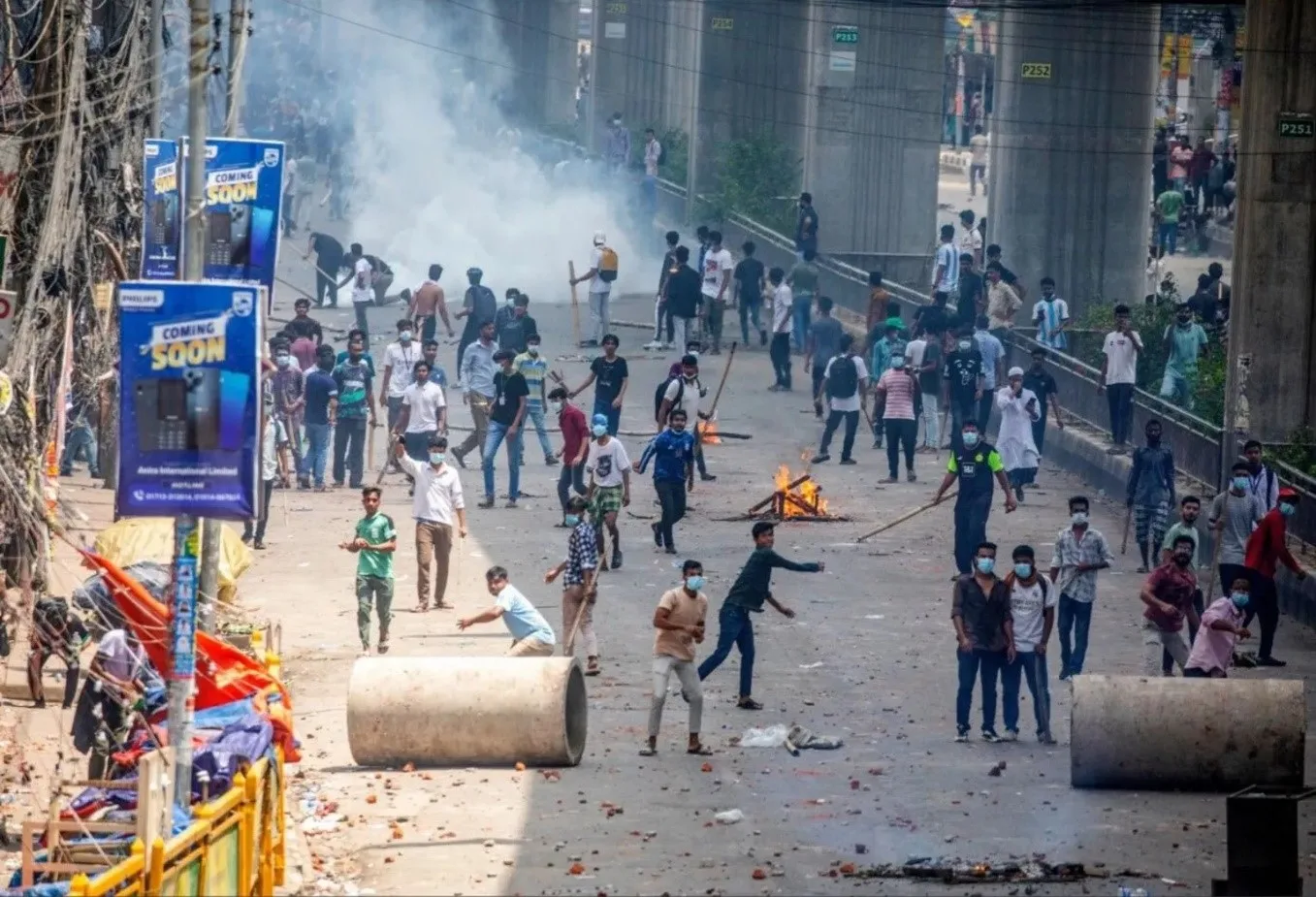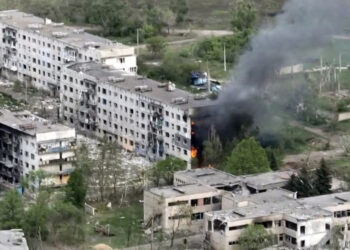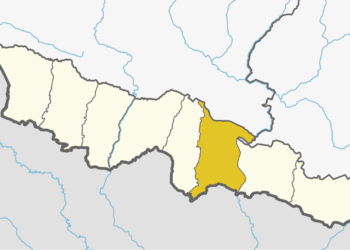Prime Minister Sheikh Hasina’s early return from China and the ongoing protests in Dhaka are inter-related claims the X (formerly twitter) feed Nepal Correspondence.
This may be a long shot but worth investigating further. PM Sheikh Hasina visited China on an official tour from 8-10 July 2024.
However, PM Hasina returned to Dhaka a day earlier. The official reason given for this early return was that her daughter Saima Wazed was unwell and therefore, the PM returned home.
However, the peaceful protests by students in Dhaka, which became violent soon after Sheikh Hasina’s return shed some light on the possible domestic reasons for the PM’s early return from Beijing.
That having been said, it is necessary to understand Sheikh Hasina’s displeasure with China over the visit and its proposed outcomes. Nepal Correspondence claims that PM Hasina was unhappy with two aspects of the visit.
First, China had reportedly promised financial assistance of US$ 5 billion to Bangladesh, but the actual amount offered was only US$ 100 million and that too in the form of a loan.
Secondly, and more importantly, PM Sheikh Hasina was asked to introduce the Chinese education policy in Bangladesh to downplay Islamic culture.
It is the second issue that reportedly upset PM Sheikh Hasina and she took the decision to cut short her visit. This was evident in the press conference she held on her return where she looked fatigued and disappointed by the outcome of the visit.
Before the visit, both governments negotiated for several weeks over Dhaka’s request for US$ 5 billion worth of Chinese Yuan as budget support to ease the pressure on Dhaka’s forex reserves.
However, China was more interested in providing the sum as a trade facility with a high interest rate, while Bangladesh wanted it as low-cost budget support.
The Chinese Ministry of State Security (MSS) has infiltrated into universities in Bangladesh through education and student exchange programmes.
We now return to the student protests in Dhaka, which had ongoing for the last one fortnight.
The protests were initially peaceful and were being held against the re-introduction of the reservation quota in government jobs, which had been abolished in 2018.
However, the same was reinstated this month after a court order. It reserved 30% of jobs for family members of veterans who fought in Bangladesh’s 1971 war of independence. Then suddenly violent clashes broke out between the students and police.
Thus far this has led to the death of 67 persons and the attack on the prison in Narsingdi District Jail reportedly led to several hundred inmates escaping. The latter event led to the declaration of an emergency by the Sheikh Hasina government.
So, the question is why are the students protesting now and why did they take a violent turn? Peaceful protests in universities across Bangladesh had begun a fortnight ago and demands were made to end “unreasonable and discriminatory quotas” in government jobs.
It is well known that Bangladesh has high unemployment and heavy inflation. Government jobs in Bangladesh, like in other South Asian countries, offer the most secure form of employment.
But the challenge is that 50% allocation of jobs is already made through quotas. While the grievances of the students may be genuine, the violence in the protests has been engaged in at the behest of China.
They collaborate with students affiliated with the Bangladesh Jamaat-e-Islami portal which is one of the most common platforms for financial transactions and funding of riots and movements.
One such example is from 2019 when workers of Jingjiu Group in Bangladesh were seen making pro-China slogans in Mandarin.
The Chinese Ministry of State Security (MSS) has infiltrated into universities in Bangladesh through education and student exchange programs.
Currently, five Chinese universities in Yunnan have been teaching Bangla language and culture to students. They are then sent to Dhaka to create intelligence assets and create funding channels for student wings.
In the hope of getting some money through China, Bangladeshi students are being driven against their own government.
Consequently, student unions which stand firm in defending Islam in Bangladesh remain mute when asked about Chinese policy against the Uyghur Muslims. Several Chinese have set up their own businesses in Bangladesh, a policy that China adopted in Africa with negative consequences for the local markets.
The current protests are not the first with a China hand in them. On 13 April 2021, a students’ protest was organised at the Dhaka Press club to pressurize the Awami League government to send more Bangladeshi students to China.
However, it turned out that the visas for the student’s had been pending with the Chinese Embassy! Keep in mind that China is not alone in this dangerous enterprise.
This is because Sheikh Hasina refused the Chinese offer of loans and Xi Jinping felt offended.
Simple as it may sound, this is the reality of China today; a neo-colonial power that aims to put its imperial stamp on South Asia and Bangladesh also.








Comment